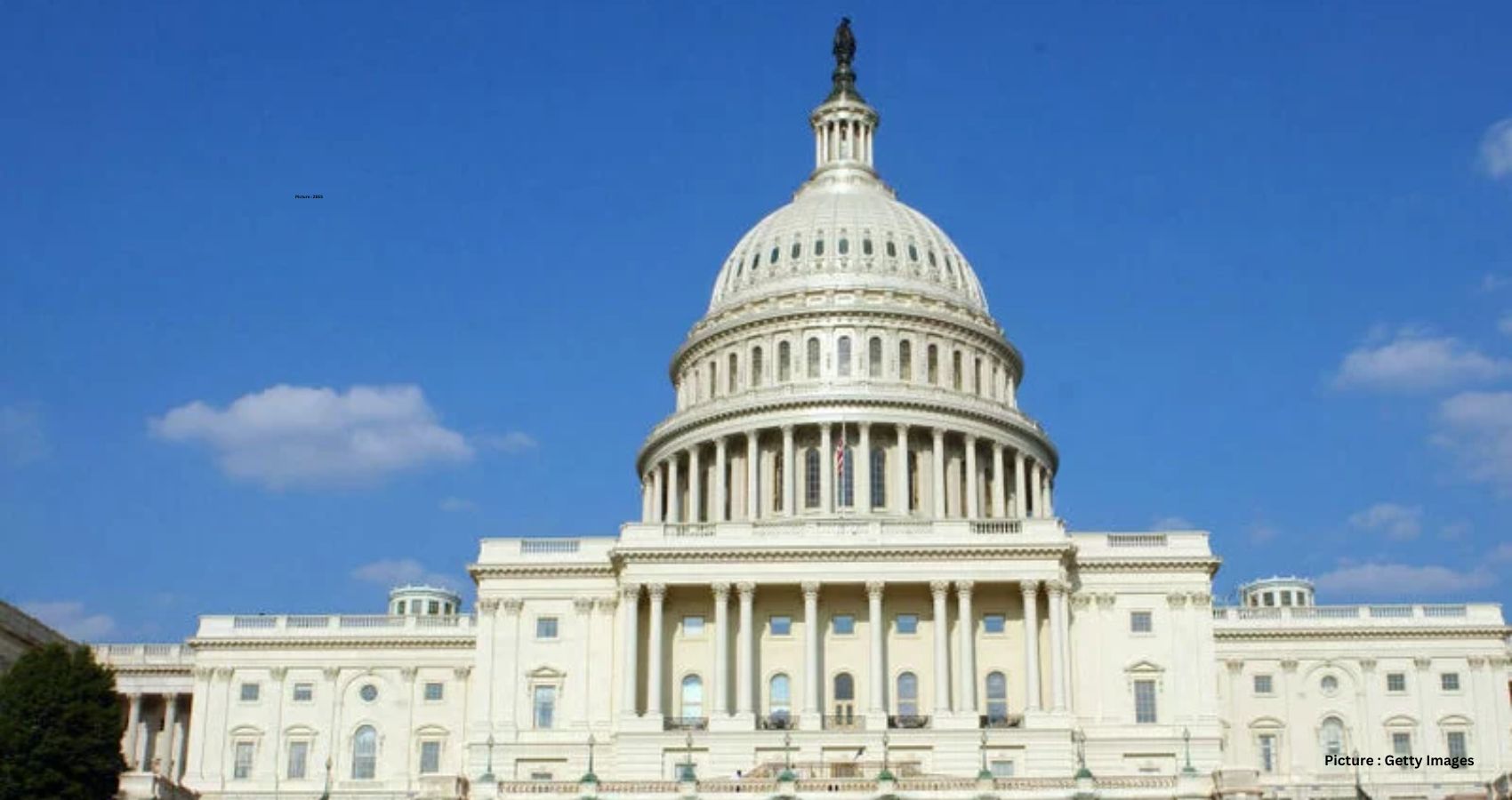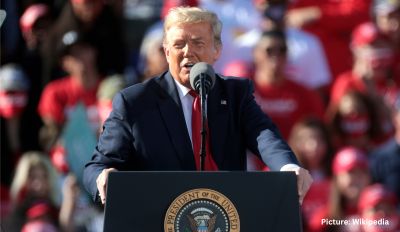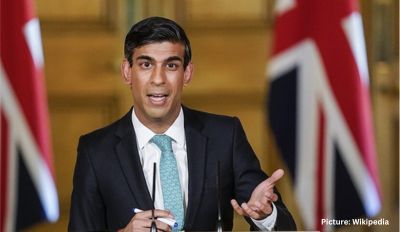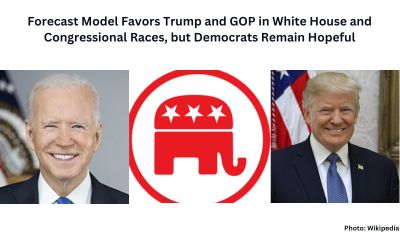Congressional leaders have successfully reached a consensus on a framework aimed at averting a government shutdown and ensuring federal funding until the conclusion of the fiscal year. This strategic agreement establishes top-line spending levels, allocating $886 billion for defense and approximately $773 billion for non-defense spending in the current fiscal year. The defense allocation aligns with the accord forged last year between President Joe Biden and former Republican House Speaker Kevin McCarthy.
While the framework is in place, the detailed text of the deal still requires finalization by appropriators, and Congress must pass the bills before the looming government funding deadline on January 19. The proposed agreement is poised to encounter opposition from far-right House conservatives, who had demanded substantial spending cuts and stringent border restrictions as conditions for supporting a spending bill.
Representative Chip Roy, a member of the far-right Freedom Caucus, expressed discontent with the agreement, deeming it “terrible” and emphasizing that it “gives away the leverage accomplished in the (already not great) caps deal.” He conveyed skepticism about the prospect of meaningful policy riders, pointing to the National Defense Authorization Act (NDAA) as an unsatisfactory preview. Roy also criticized the continued trend of escalating spending, remarking, “as usual, we keep spending more money we don’t have.”
The resistance from far-right Republicans implies that the legislation will likely require substantial support from Democrats in the Republican-controlled House to secure passage. Despite potential challenges, Senate Majority Leader Chuck Schumer and House Democratic Leader Hakeem Jeffries issued a joint statement, asserting that the framework agreement empowers appropriators to address significant challenges both domestically and abroad. They also highlighted the continuation of investments for American families secured through the legislative achievements of President Biden and Congressional Democrats.
Senator Johnson expressed satisfaction with the deal, noting its provisions for funding veterans and ensuring additional cuts to the IRS and COVID relief funds. Acknowledging that the spending levels may not satisfy everyone and fall short of desired cuts, Johnson emphasized that the agreement positions Congress to advocate for additional policy riders and spending reductions in the future.
President Biden welcomed the agreement in a statement, characterizing it as a crucial step toward preventing an unnecessary government shutdown and safeguarding vital national priorities. Senate Minority Leader Mitch McConnell also conveyed encouragement regarding the deal, underscoring the pressing need for Congress to promptly deliver the resources required to address serious national security challenges.
As the next step, lawmakers must collaborate on crafting legislation that secures passage in Congress before funding expires for key programs on January 19. The expiration of funding for the remainder of the government is set for February 2. The timeline adds urgency to the legislative process, demanding swift action to avoid disruptions in essential government functions and services.
The congressional leaders’ agreement on a funding framework provides a pathway to avoid a government shutdown, establishing spending levels for defense and non-defense sectors. However, challenges lie ahead as far-right conservatives express dissatisfaction, potentially necessitating bipartisan support for successful legislation. The impending deadlines for key programs and overall government funding underscore the urgency for lawmakers to finalize and pass legislation promptly.











